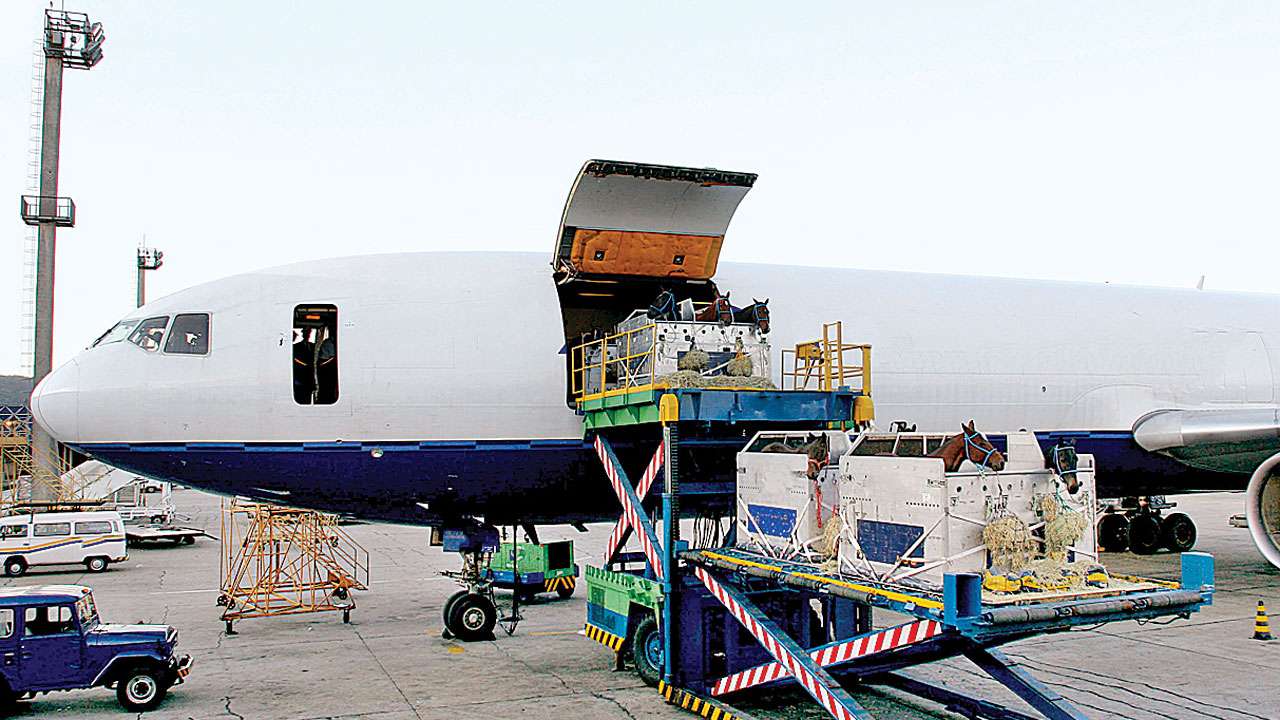
As India strives to improve its ranking in the World Bank’s Ease of Doing Business from 77 among 190 countries in 2018 to under 50 in the coming years, fast track express cargo mobility will be critical to achieve this target.
India’s “National Trade Facilitation Action Plan 2017-20” proposes to bring down clearance of export cargo to the same day and limit it to two days for importing cargo by air.
The express delivery industry, which provides integrated door-to-door transport and quick delivery of time-sensitive shipments, plays a crucial role in not only meeting the target set by the “National Trade Facilitation Action Plan 2017-20”, but also in improving the efficiency and global competitiveness of Indian businesses.
India has a fairly robust express delivery sector. According to a study by Deloitte, the industry is expected to grow at a compound annual growth rate (CAGR) of 17 per cent between 2017 and 2022.
In financial year 2017, this sector employed around 1.6 million workers, and contributed close to Rs 2,000 crore as customs duties.
International express contributed around Rs 5,000 crore (close to 23 per cent by value) to the revenue of the express industry in 2017. This included samples, high-value products and catering to sudden unexpected demand.
With a majority of users being small-and medium-sized companies across sectors such as pharmaceutical and agro-processing, who rely on this sector for transporting their samples and high value consignments, the express industry will continue to play a key role in India’s international trade.
Despite investments in development of infrastructure, a number of small and medium enterprises and their exporters and importers have suddenly started facing a new trade barrier.
In December 2018, the Customs in a leading airport of India cited the Courier Imports and Exports (Electronic Data and Processing) Regulations, 2010, banning all perishables through courier or fast track route.
This has led to a sudden stop in clearances of blood samples for testing, access to key medicines for patients, export and import of food samples for test marketing and display in exhibitions, to name only a few.
After significant representation by the industry and reviewing its adverse impact on human life, the Customs in February 2019, allowed courier companies to transport blood samples, subject to requisite clearances by other government departments.
Restrictions on perishables through the fast track route has not only led to huge business losses for the exporters, importers and the express industry, it is against India’s initiative to implement the World Trade Organization’s (WTO) Agreement on Trade Facilitation.
India is a signatory to Article 7, Section 8 of that Agreement on “Expedited Shipments” that calls on member states to “adopt or maintain procedures allowing for the expedited release of at least those goods entered through air cargo facilities”.
Since other countries are promoting express delivery and fast track clearances for perishables, Indian business are at a disadvantage.
If one dwells deep into the root cause of this ban on perishable cargo clearance through the fast track route, laws governing the movement of goods through the air cargo route were initially governed by the Courier Exports and Imports (Clearance) Regulations, 1998.
Back then, couriers did not have a specific terminal and were cleared in the passenger terminal. Over time, express companies and their associations have built terminals, but the ban on the movement of perishables via air cargo route has continued.
Subsequently, the Courier Imports and Exports (Electronic Data and Processing) Regulations, 2010, continued to ban perishables.
In light of the need for fast track movement of perishable cargo and for improving ease of doing business, it is important to amend the 2010 regulation. It is important to remove the restriction on perishable cargo movement through the courier or express route, subject to requisite clearances by the other agencies such as the Drug Controller and the Food Safety and Standards Authority of India (FSSAI).
In other words, there should be no restrictions in the mode by which the cargo is brought into the country or exported from the country (by air, sea, through logistics or express delivery) as long as it goes through proper testing and the due diligence process.
The author is Professor, ICRIER. Views are personal